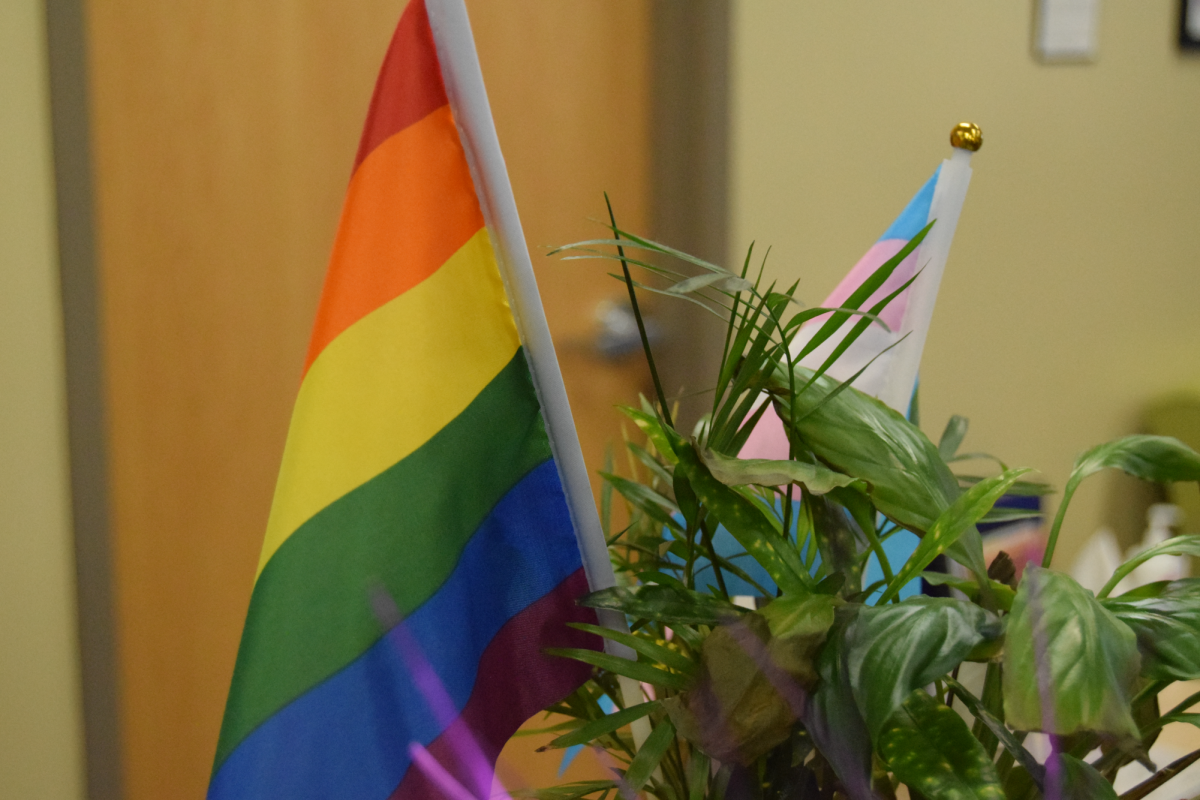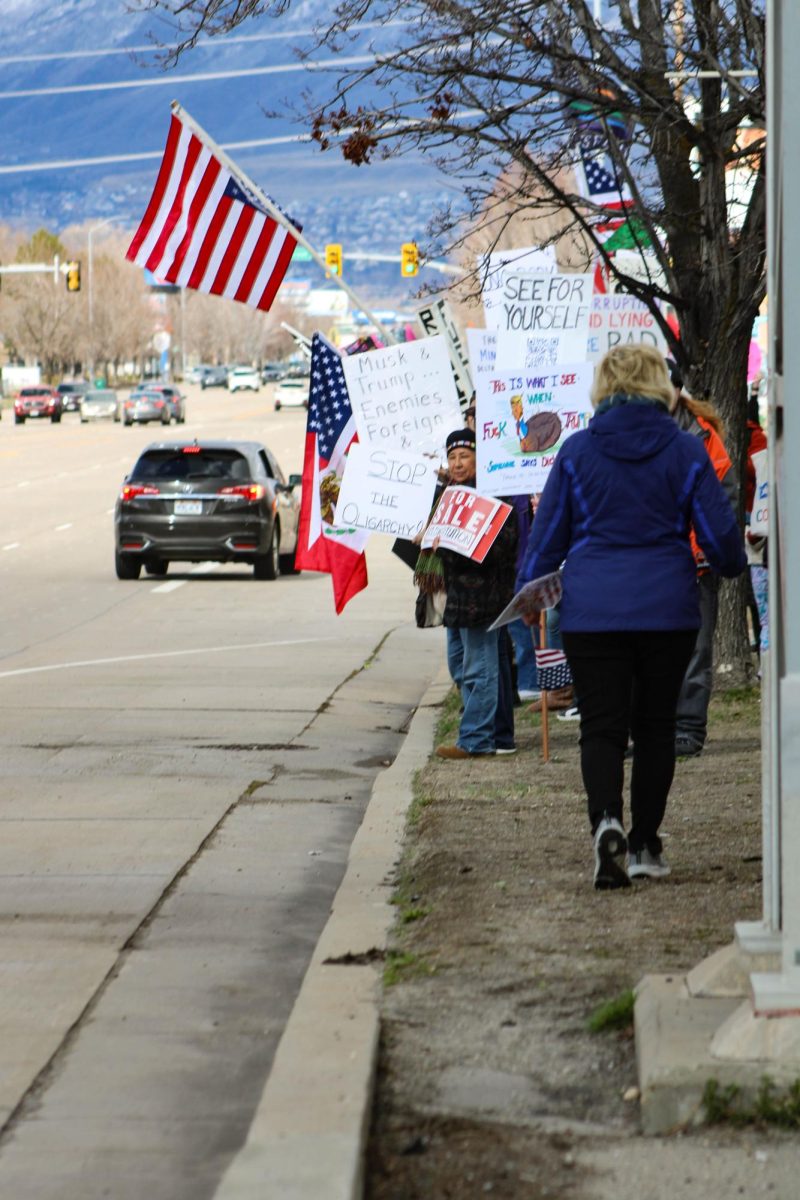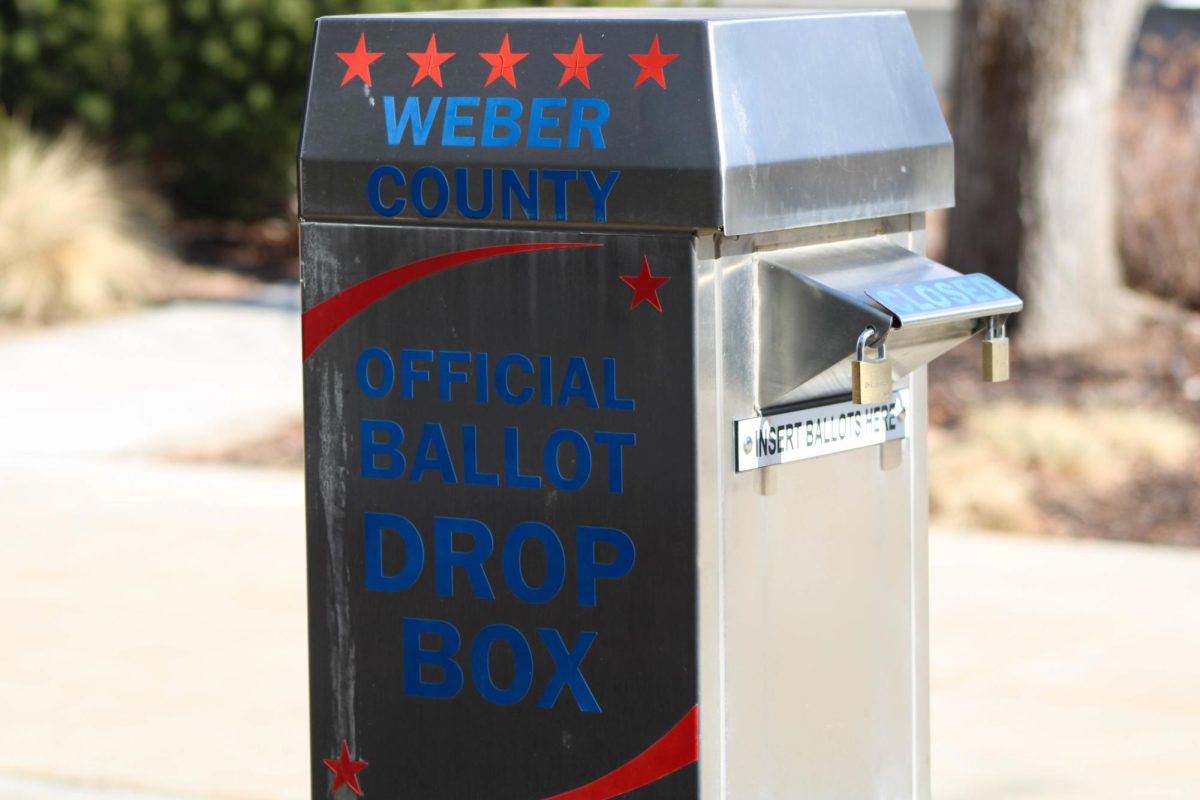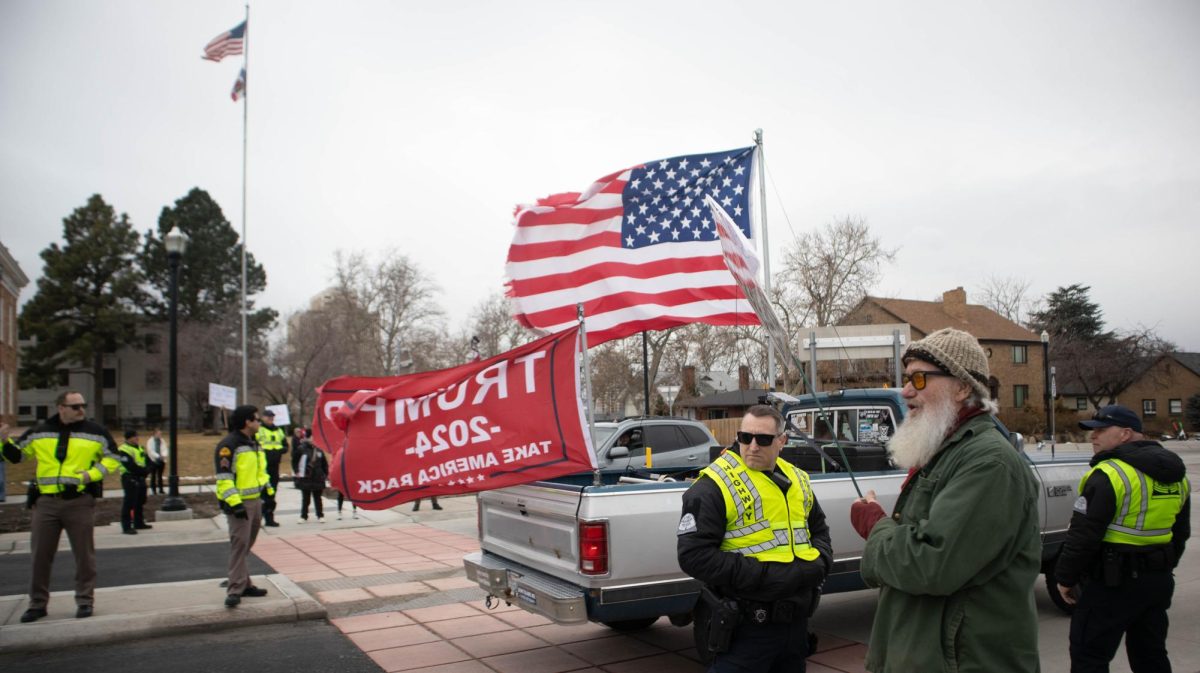
The civil rights movement for the LGBTQ community claimed another victory on Sept. 4, when the Obama administration announced a new policy effectively giving veterans’ benefits to same-sex couples who are legally married. Even couples in states where same-sex marriage is not recognized can qualify for federal benefits.
“I think that the federal government has proactively begun to employ what the DOMA case set forth when it was decided in the Supreme Court,” said Valerie Larabee, executive director for Utah Pride Center. “The federal government is being instructed not to deny legally married couples in the United States federal benefits, and the tax code is written to support married couples . . . and people who are married have different ways to think about things.”
The pace of changes happening in the gay rights movement has quickened in the last few years, and Larabee said she thinks it has become even more clear that state rights will be the main argument now.
“It’s such a fundamental way to discriminate against people because of their sexual orientation or gender identity,” she said. “We may see that the states rights thing never gets worked out, and you have such inequality between people living in Utah versus people living in Massachusetts that the federal government can no longer handle the reciprocity issue.”
Larabee said she urges every community, no matter how large or small, to continue fighting for equal rights for everyone by talking about the issue and voicing their opinions to their state representatives.
At this time, there is an active challenge in the district court against Utah’s Amendment 3, which passed in 2004 to the Utah state constitution and defines a union as exclusively between a man and a woman. The challenge was filed earlier this year to test the state amendments as the state reflects on the Defense of Marriage Act decision.
“This will eventually change; it will happen,” said Weber State University senior Alisha Stucki and a member of WSU’s Gay-Straight Alliance. “If Utah continues to put up a fight, which I expect they will . . . it’s still going to happen. It’s equal rights, it’s civil rights, it’s who we are, and we’re going to fight for it and continue fighting for it.”
WSU sophomore Jackson Carter was in San Francisco in June when the Supreme Court ruled on DOMA and California’s Proposition 8. The Supreme Court declared DOMA unconstitutional, stating the federal statute was in violation of the Fifth Amendment. Because the court declined to rule on Proposition 8, leaving it to the lower courts, it essentially allowed California to become the 13th state to legalize same-sex marriage.
“It was all very, very exciting . . . it was such an awesome time, but we really didn’t know what it meant,” Carter said, “to hear finally that in the eyes of the federal government your marriage is recognized anywhere you move, even if you’re a Utah resident. That’s so exciting. That is life-changing.”
He said he believes this will set a precedent for the other states and perhaps the federal regulation for marriage rights.
WSU sophomore Charlee Martin, president of WSU’s GSA, said she is pleased with the government’s decision and thinks it is great that her community is moving forward. She said she hopes the states that have not legalized same-sex marriage will realize they are “standing on the wrong side of history,” as she puts it. She is optimistic that everyone will join together in equality within the next five years.
Students who want to get involved with the GSA or would like more information can find Martin and many other members at their new location in the Shepherd Union Building, Room 312. Martin will also have a booth in the Shepherd Union Atrium every Tuesday from 11 a.m. to 3 p.m. Students can also find out about upcoming events at the WSU LGBT Resources Facebook page.
WSU Safe Zone training will open Sept. 11 in the Shepherd Union Lair and run 1:30–3:30 p.m. Interested parties can contact LGBTQ advocate Karlee Berezay at the Center for Diversity and Unity.
Martin said she wants her WSU community to know the door is always open at the GSA.
“We want to make (GSA) more community-based, so that not just students (in our community), but . . . everyone feels welcome.”



















